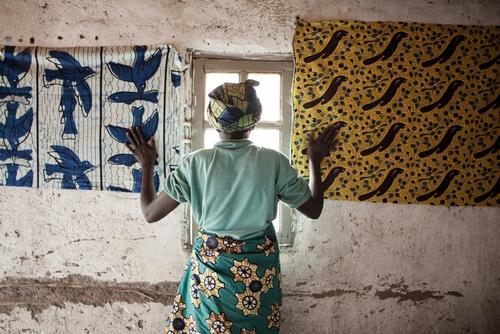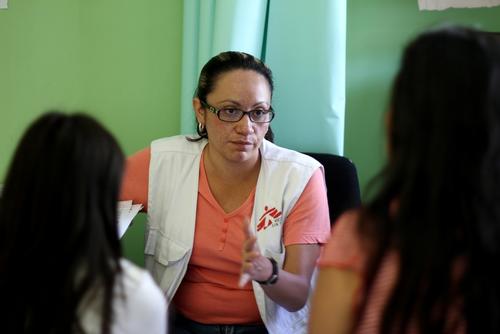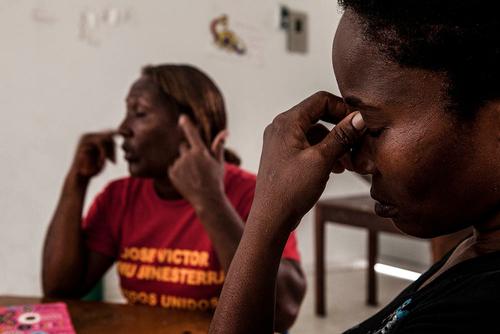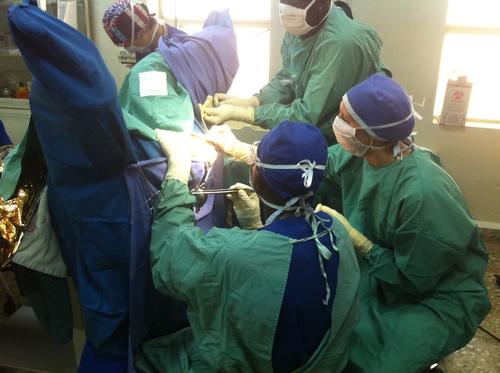This article was first published in the International Review of the Red Cross.
Over the past ten years, Médecins Sans Frontières (MSF) has provided medical care to almost 118,000 victims of sexual violence.
Integrating related care into MSF general assistance to populations affected by crisis and conflicts has presented a considerable institutional struggle and continues to be a challenge.
Tensions regarding the role of MSF in providing care to victims of sexual violence and when facing the multiple challenges inherent in dealing with this crime persist.
An overview of MSF’s experience and related reflection aims to share with the reader, on the one hand, the complexity of the issue, and on the other, the need to continue fighting for the provision of adequate medical care for victims of sexual violence, which despite the limitations is feasible.
Authors
Dr Françoise Duroch
Dr Françoise Duroch has a master’s degree in history, law and human rights and a doctorate in education sciences from the University of Lyon 2. She is a former research coordinator for the Research Unit on Humanitarian Stakes and Practices (UREPH) of MSF Switzerland and is currently the manager of the Medical Care under Fire project at the MSF International. She has worked on sexual violence issues since 2001.
Catrin Schulte-Hillen
Catrin Schulte-Hillen is a midwife and has a master’s degree in public health, a license in applied epidemiology and statistics, and a diploma in business administration. She has worked for MSF since 1989 in a variety of roles at both field and headquarter level. As of 2011, she coordinates MSF’s working group on reproductive health and sexual violence care.






